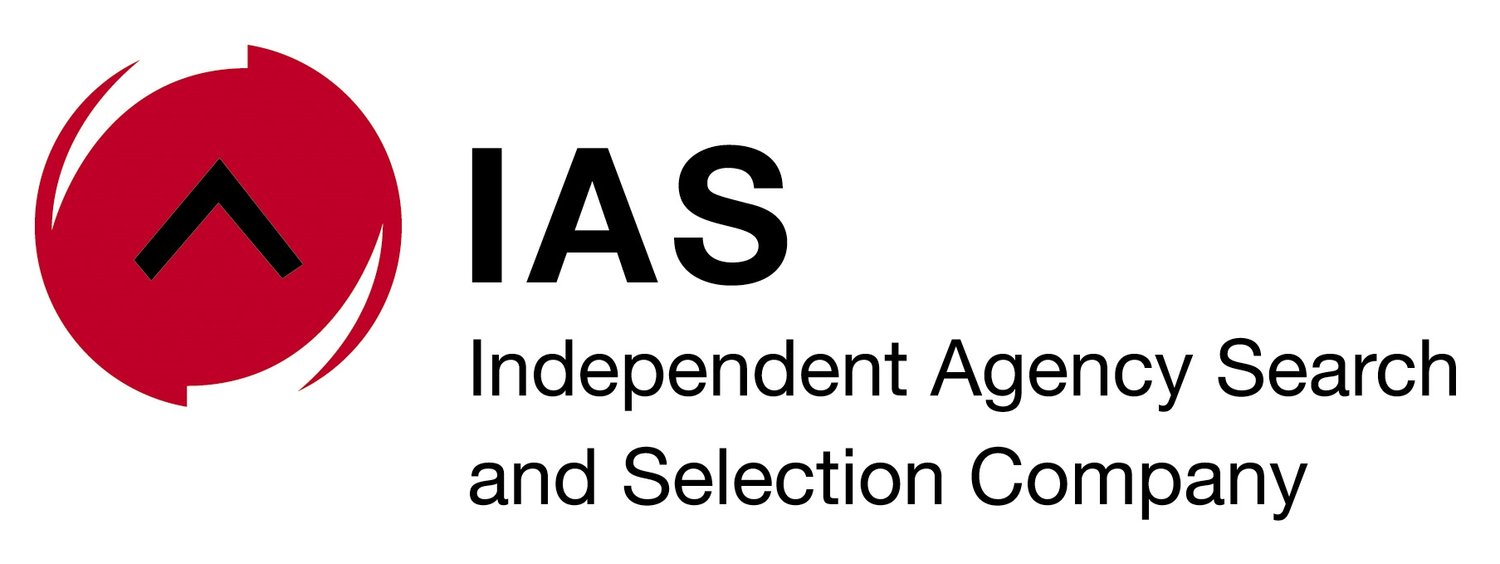Agency credentials are so important, and we chose to focus attention on the IAS Credentials Award because we want agencies to understand just how valuable they are. We selected the Assegai Awards to host the IAS Credentials Award because they have a range of marketers on their judging panel. It was vital that agency credentials be judged by marketers and not by other agencies, as some awards are.
Marketers will tell us what works and what doesn’t work, which is of utmost importance as agencies entering the awards will get feedback on how they did and what their credentials highlight about them.
We’re in a tough economy and we are acutely aware that award entries cost money. While we are very respectful of the fact that agencies have limited budgets and realise how challenging it can be to decide which awards to enter, we’d ask them to consider their choices as the opportunity they’ll have to test their credentials and case studies among marketers could prove invaluable.
Opportunity to be seen
Our mission as the IAS is to put agency credentials in front of as many marketers as possible. It’s an opportunity to be seen and it’s a learning exercise for marketers, who get to understand more about what is happening with agencies by viewing their credentials and also what is changing among agencies in the marketing communications sphere.
Over the six years that the IAS has been supporting the Assegai Awards, our belief in what we are doing has grown. What we want is not just for agencies to be seen by marketers, but for those marketers to increase their knowledge about agencies and the marketing communications sector as a whole.
It is a sector that is changing on a daily basis; there’s never been a greater wave of change among agencies than there is now. It’s a phenomenal time, when you see the speed and the type of change shifting the industry at this rate of knots.
We want marketers to take note of these changes and the response to them by agencies, and learn about the new world agencies are working in. Only by agencies entering can marketers understand the sheer depth of change and what agencies are now capable of.
It goes without saying that if marketers see something they like, they will be able to make contact with an outstanding agency, and the latter’s reputation will grow.
Cracking the pitch long list
One of the things we know from the agency scope study is that when marketers are putting a long list of agencies together, reputation is one of the key factors in who they place on the list. The greater the agency’s stature, the more likely they are to be put on a pitch-long list and get a chance at making the shortlist.
Obviously there are other criteria that gets an agency onto the short list, but the long list certainly views reputation as vital.
Years ago there were publications that printed the list of rankings of agencies, but those no longer exist. So, how do clients know which agencies to look at? Today, they review the awards tables and note the profiles of the agencies which are doing their own marketing well and the attraction begins there.
I always emphasise that it’s not so much the awards an agency may win as the way in which the agency works that gets marketers excited.
Although it has no direct bearing on the IAS Credentials Awards, another reason we’re happy to work with the Assegai Awards is that they have grown their international footprint through their new association with the Echo Awards - highly rated by the creative industry all over the world - which has added to the stature of the Assegai Awards.
We look forward, as always, to the agencies that catch the attention of the marketers on the judging panel – and how far they go from there.
You may also be interested in Well-structured agency credentials continue to attract the attention of marketers
















